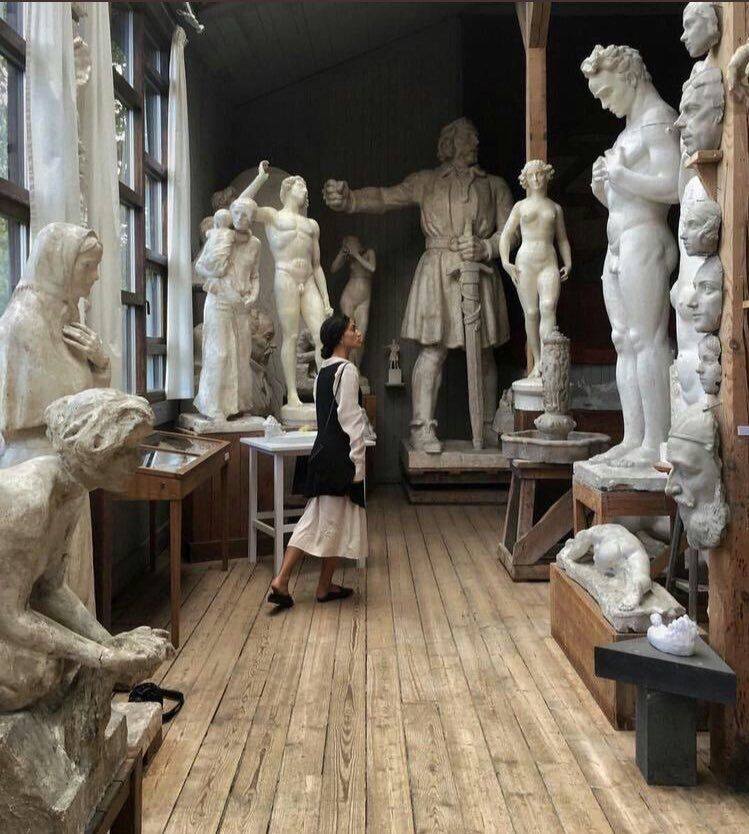 Photo Credit: Pinterest
Photo Credit: Pinterest
We go to school and are taught to study hard in order to earn good grades. We get good grades so we can get into recognized schools, better programs, aim for high ranking jobs, to be paid well, so we can buy nice things like a nice condo or a fancy car, and do things like eat at expensive restaurants, buy luxe clothes. When we accomplish these things, we think we are great. While it is important to work hard and aim high, it is also important not to mistake your right foot for your left. It’s equally important to remember that material things are secondary. Being a kind, decent human being is actually the most important thing, something some of us tend to forget.
This brings us to the movie Wonder by Stephen Chobsky, which got us all thinking - and bawling our eyes out. This film is about a boy that is born with a rare facial condition and is taught valuable lessons on how to get through life while living with a condition that does not necessarily elicit kindness and empathy from others. His parents - wonderfully acted by Julia Roberts and Owen Wilson - teach him valuable life lessons on how to move forward in the world while living with visible differences.
If you’re looking for inspiration and need a refresher on some basics to help you see the world with a more positive outlook, something that will help you see the silver lining around even the darkest clouds, Wonder is a must-watch.
After watching the movie, there was one particular quote that stayed with us: “Greatness lies not in being strong but in the right using of strength. (...) He or she is the greatest whose strength carries up the most hearts by the attraction of his own.”
Being great isn’t about remarkable achievements such as inventing objects or donating millions of dollars, it’s about all the little ways that we influence the world around us in positive ways. It’s having the decency to be kind to others, even when there’s nothing in it for us.
Bearing that in mind, another quote from the movie inspired this article: “Your deeds are like your monuments.” They are monuments of you that are built by others’ memories of you, memories of the things you did, and how you touched the lives of others - whether they know you personally or not.
With the state of the world right now - global pandemic, rampant systemic racism, fear and hate-mongering every day on the news - we are thinking long and hard about what our own monuments look like.
At the end of the day, how we care for others is all that really matters. How we care for others is how you build a long-lasting, beautiful monument, that others will admire long after you’ve left their path. Your good deeds don’t have to come with a huge dollar tag attached, it can be giving your grocery cart to a mom with young kids when you see she’s struggling to get one for herself. No one else has to know about your good actions either. You can do something quietly and live with the knowledge that you’ve done something to help another, all while receiving nothing in return.
If all of your good deeds were indeed monuments that were built for you, what would yours look like? It’s a great thought to keep in mind while you go about your day. So build your monuments on your kind words, generous actions, and human decency. Wear your mask to protect others. Sign a petition that will bring much-needed attention to matters that might not directly concern you. Speak up when you see an injustice. Stand up for those that need your voice. Lend your ear and simply listen. Do it all for others, as much as for your own monument. Kindness begets kindness, human decency will no doubt do the same thing.

